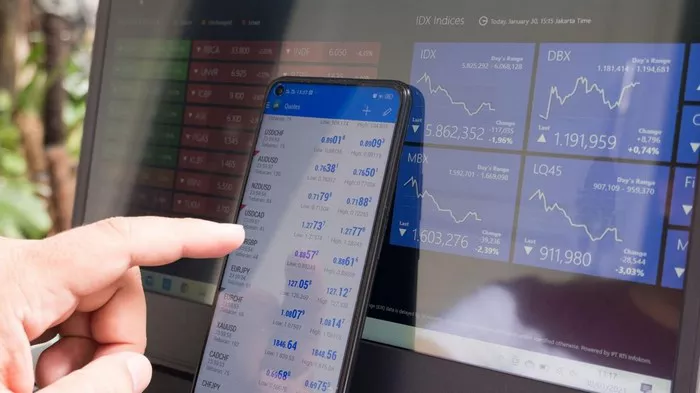In the realm of futures trading, the expiry of contracts holds significant importance for traders and investors alike. The Nifty futures, being one of the most actively traded derivatives in India, undergo a specific process upon expiry that impacts market dynamics and trading strategies. In this essay, we delve into the intricacies of Nifty futures expiry, elucidating its definition, the expiration process, settlement methods, trader obligations, strategies, and brokerage practices, among other pertinent aspects.
Definition of Expiry
In the context of Nifty futures, “expiry” refers to the date on which a futures contract ceases to exist. It marks the culmination of the contract’s lifespan, after which traders must either settle their positions or roll them over to subsequent contracts if they wish to maintain exposure to the underlying asset, in this case, the Nifty index.
Expiration Process
On the expiry day of Nifty futures contracts, several crucial events transpire. Firstly, trading in the current month’s contract ceases at the end of the trading session. Subsequently, the settlement process commences. Nifty futures contracts primarily follow a cash settlement mechanism, wherein the final settlement price is determined based on the Nifty index’s closing value on the expiry day.
Settlement Price
The settlement price serves as a critical benchmark for determining the final profit or loss incurred by traders holding Nifty futures positions. Typically, the settlement price is calculated as the average of the Nifty index’s last 30 minutes of trading on the expiry day. This methodology aims to mitigate any potential manipulation or volatility-induced anomalies in the settlement process.
Obligations of Traders
Traders holding Nifty futures positions are obligated to adhere to specific requirements on the expiry day. Depending on their positions, traders must either settle in cash or take delivery of the underlying asset. Those holding long positions would receive cash settlements if they choose not to roll over their contracts, while short position holders would make cash settlements or deliver the underlying asset, typically shares comprising the Nifty index.
Squaring Off Positions
Given the potential complexities and obligations associated with expiry, traders often opt to square off their positions before the expiry date. Squaring off entails closing out existing positions by executing equal and opposite transactions. This practice helps traders avoid unwanted obligations arising from the expiration process and allows for better control over their portfolios.
Auto-Square Off
In the context of Nifty futures trading, auto-square off refers to a mechanism implemented by brokers to automatically close out clients’ positions nearing expiry. This feature serves as a risk management tool, ensuring that traders do not inadvertently carry forward positions into the expiry day, which could lead to unforeseen obligations or losses.
Physical Delivery vs Cash Settlement
While Nifty futures contracts predominantly utilize cash settlement, it’s essential to differentiate between indices that are cash-settled and those that require physical delivery. Cash-settled indices, like the Nifty, settle contracts by exchanging cash based on the index’s final value. In contrast, indices necessitating physical delivery would require traders to deliver the underlying asset or take delivery if holding short positions.
Impact on Market Volatility
The expiry of Nifty futures contracts often exerts a notable impact on market volatility and pricing dynamics. As the expiry day approaches, traders may engage in last-minute adjustments to their positions, contributing to heightened trading activity and volatility. Additionally, the settlement process itself can influence market sentiment and price movements, particularly if significant deviations occur between the settlement price and preceding market expectations.
Strategies for Expiry Day
Given the unique challenges and opportunities presented by expiry day, traders employ various strategies to manage their positions effectively. These strategies may include rolling over contracts to subsequent months, adjusting position sizes, executing hedging strategies, or actively monitoring market developments to capitalize on short-term trading opportunities arising from heightened volatility.
Brokerage Practices
Brokers play a pivotal role in facilitating Nifty futures trading, particularly concerning expiry-related activities. Different brokerage firms may have varying policies and practices regarding futures expiry. Some brokers may offer advisory services to assist clients in managing their positions effectively, while others may provide automated tools or notifications to remind traders of impending expiry dates and associated actions.
Conclusion
In conclusion, the expiry of Nifty futures contracts represents a critical juncture in derivatives trading, characterized by a culmination of trading activities, settlement processes, and trader obligations. Understanding the nuances of Nifty futures expiry is imperative for traders seeking to navigate this complex landscape effectively. By comprehending the intricacies of settlement mechanisms, trader obligations, and market dynamics surrounding expiry, traders can formulate informed strategies to mitigate risks and capitalize on opportunities presented by this significant event in the futures market.


